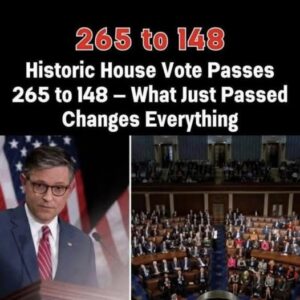After months of courtroom drama, Sean “Diddy” Combs is preparing to learn his fate. On Friday, Oct. 3, the hip-hop mogul turned defendant will appear before U.S. District Judge Arun Subramanian for sentencing, three months after a jury convicted him on two federal prostitution-related charges.
The 55-year-old music executive was acquitted of the most explosive allegations — sex trafficking and racketeering conspiracy — following an eight-week trial that captured national attention. But federal prosecutors insist the convictions that did emerge are far from minor, asking the court to impose a sentence of at least 11 years and three months. That recommendation, they argue, reflects the seriousness of the conduct and the harm done.
Combs’ defense team has painted a starkly different picture. In filings this week, his attorneys urged Judge Subramanian to consider the months their client has already spent behind bars since his September 2024 arrest. They requested a sentence capped at 14 months, arguing that anything more would be excessive given both the jury’s rejection of the most severe counts and Combs’ personal circumstances.
Legal experts, however, anticipate a result somewhere between the extremes. Neama Rahmani, a former federal prosecutor, told reporters he believes a sentence in the range of four to five years is most likely. “I don’t think he’s getting the 11 years that the government is recommending,” Rahmani said, noting that the statutory maximum for the prostitution counts is 10 years each. “The Probation Department itself has recommended five to seven years, and I expect the judge to fall closer to that range.”
Rahmani emphasized that the fact Judge Subramanian kept Combs in custody after the verdict — despite acquittals on the racketeering and sex trafficking charges — suggests the court sees the case as more serious than Combs’ defense team argues. “If the judge was inclined toward leniency, he would have released him on bail,” Rahmani explained. “The continued detention signals that a substantial sentence is coming. Maybe not the full amount the government wants, but something in the middle.”





